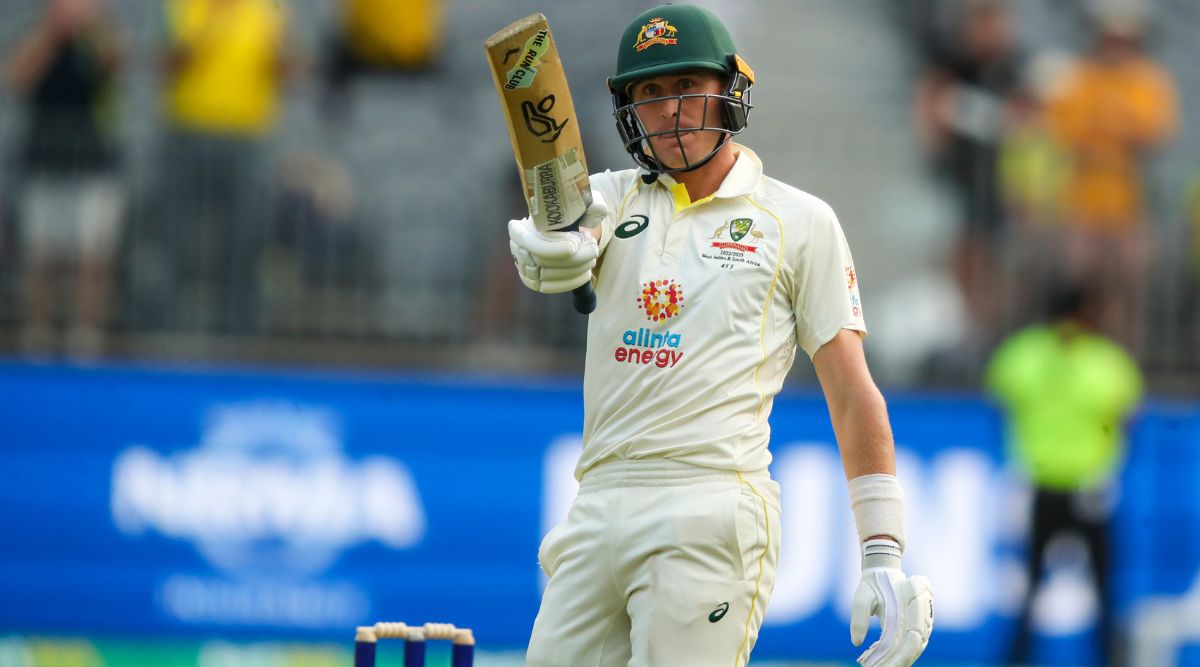CHENNAI: In a tournament where a few heavyweights have faltered against lower-ranked teams, New Zealand have done well to come out unscathed after four matches. While the Black Caps played the three lowest-ranked sides of the World Cup – No.14 the Netherlands, No.9 Afghanistan and No.8 Bangladesh – in their first four games, they took full advantage of the kind schedule to put one foot in the semifinals. They beat England in the first game.
What lies ahead of New Zealand is a series of bigger tests, beginning with a mouth-watering round-robin clash against in-form hosts India in Dharamsala on Sunday.
Since the HPCA Stadium pitches generally offer something for both bowlers and batters, the intense battle between the fiery Kiwi pace pack and the star-studded India top-order could be an intriguing one. New Zealand allrounder Mitchell Santner acknowledged that the action in the first powerplay of India’s innings could heavily impact the result.
- Advertisement -
Hardik Pandya injury scare: Is he ruled out of the next match against New Zealand? Rohit Sharma says…
“There has been little pace and bounce in the pitches, but whether that is the case when we play them (India), we will see. I think that the Powerplay with the ball is going to be very important… the way Rohit (Sharma) is getting them off to flyers.
So, we have to do similar stuff to what we are doing-chip away, build pressure and see what happens,” said Santner, after bagging three wickets with his left-arm spin and coming up with an amazing catch in the comprehensive 149-run victory over Afghanistan here.
“We know that India are playing some really good cricket. They are obviously going to be a challenge at home. So, it is nice to be in this position (four wins in as many matches) leading into the game. We just got to keep going, focus on the things we want and how we want to play,” added Santner, who completed a century of ODI wickets on Wednesday.
Phillips, Chapman praise batters
One of the reasons behind New Zealand’s perfect start to their campaign has been the ability of the batters to assess conditions quickly and adapt accordingly.
Against Afghanistan on a Chepauk surface where stroke-making was not easy, Glenn Phillips and stand-in captain Tom Latham bided their time after a three-wicket burst and cut loose in the death overs. “We wanted to give Mark Chapman and Santner the best opportunity to put the icing on the cake. We needed to take a little bit longer to settle because the pitch was tricky and the Afghanistan bowlers were on song. So, it was about getting a certain amount of runs in the last few overs, with wickets in hand,” said Phillips.
Meanwhile, Chapman said that having proper batters until No. 8 in the order has helped. “If you lose wickets in the middle overs, it can sort of stall your batting effort.”





